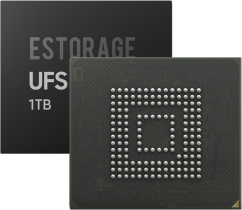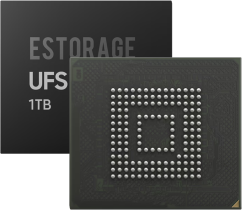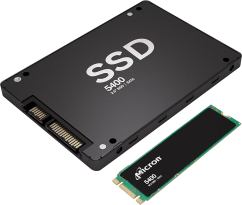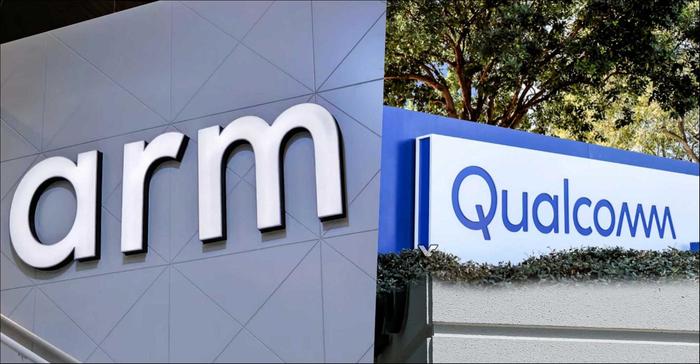
Qualcomm held its Snapdragon Technology Summit this week, which is normally a joyous occasion in the tech world because it shows off the next flagship SoC that will be stuffed into smartphones, tablets, and possibly laptops over the next year. Except, this year was overshadowed by an escalation in the ongoing legal battle between Arm and Qualcomm. If you don't know already, Arm licenses out its core technology to other manufacturers, like Apple, Qualcomm, and others, to design custom chips based on the original IP.
Arm sued Qualcomm in 2022 over the acquisition of Nuvia (which also licensed Arm IP for custom cores), and a trial date is set for December. But that's seemingly not enough for Arm, who has given Qualcomm 60 days to respond (seemingly before the court date); otherwise, it will lose the ability to use Arm's IP. That's bad news for everyone, as Qualcomm makes roughly $39 billion a year using Arm IP, Arm makes money on licensing fees, and dozens of Android and Windows on Arm device makers are going to have to scramble for chips to power their devices. Maybe. Possibly. Okay, likely if the license is revoked, but is it actually going to happen?
It's no coincidence that the 60-day period Arm gave Qualcomm to respond and settle the matter ends on December 16. That's also the date that both companies are due in court to argue their case and settle things legally. While Arm might have legal standing to threaten like this, I don't know any judge who would look kindly on the plaintiff threatening the defendant like this, and even if Arm follows through with the cancellation, there's no way the judge will side with Arm and its tactics.
While there are other CPU architecture alternatives, Arm has a virtual monopoly in the mobile space. Qualcomm, Samsung, Apple, and others license IP from Arm to make their custom cores, so the chances of your smartphone using their IP are high. This is monopolistic behavior and the statement Qualcomm put out in response to the 60-day timeline says as much:
This is more of the same from ARM – more unfounded threats designed to strongarm a longtime partner, interfere with our performance-leading CPUs, and increase royalty rates regardless of the broad rights under our architecture license. With a trial fast approaching in December, Arm’s desperate ploy appears to be an attempt to disrupt the legal process, and its claim for termination is completely baseless. We are confident that Qualcomm’s rights under its agreement with Arm will be affirmed. Arm’s anticompetitive conduct will not be tolerated.
Of course, Arm released its own statement not long afterward, sticking to its guns about the 60-day termination notice:
Following Qualcomm’s repeated material breaches of Arm’s license agreement, Arm is left with no choice but to take formal action requiring Qualcomm to remedy its breach or face termination of the agreement. This is necessary to protect the unparalleled ecosystem that Arm and its highly valued partners have built over more than 30 years. Arm is fully prepared for the trial in December and remains confident that the Court will find in Arm’s favor.
Note that the company references the upcoming court date in the statement, which is a bold move when they're essentially intimidating the other party involved.
As it stands, this is a no-win situation for everyone involved, but it also has wider implications for the technology sector. The crux of the argument is money. Nuvia was paying Arm for a lower licensing fee when it created the predecessor of the Oryon cores that are now being used in many Windows on Arm devices, and starting to trickle into smartphones. Qualcomm pays a larger licensing fee for using Arm's Cortex architecture for its smartphone chips. When Qualcomm bought Nuvia, it assumed the licensing was transferred with the sale, essentially getting a discount on what it would have to pay if directly to Arm.
Now that Windows on Arm is a success, Arm (rightly or not) thinks it should be getting its fair share, which would be closer to the fees Qualcomm already pays. If Arm yanks the license for Cortex or any other IP that Qualcomm is using, it puts itself in a dire situation. Microsoft wants Windows on Arm devices, but that's a small fraction of the number of processors Qualcomm produces. The smartphone and tablet industries overwhelmingly use Qualcomm everywhere, so this isn't just a simple corporate head-to-head.
The last part of the losing equation is that while losing access to Arm IP would hurt Qualcomm significantly, it's not a one-way relationship. In the last fiscal year, Qualcomm made up 10% of Arm's total revenue (via Barrons). Looking at Arm's complete financial picture, that's enough to make a difference between year-end profits being in the black or being in the red (via Yahoo).
This posturing just makes no sense. Qualcomm is likely to end up having to pay some additional licensing fees due to the court case anyway, so why poke the bear? It's now a situation of (almost) mutually assured destruction, and that's only if one of Arm's licensees goes away.
Other
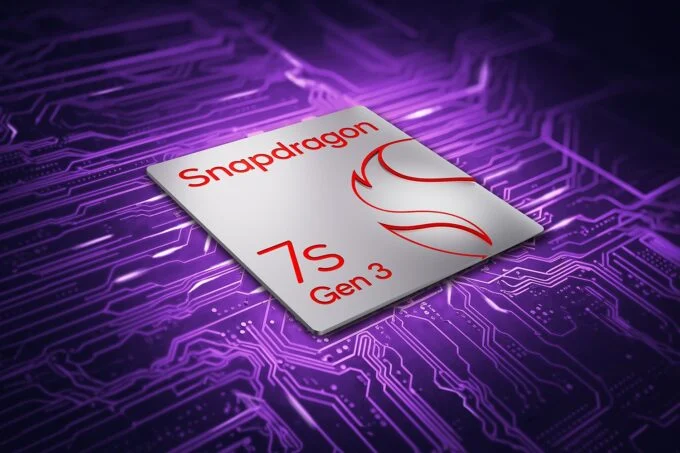
Qualcomm Announces Snapdragon 7s Gen 3 For Mid-Range Devices With AI Capabilities
2024.08.21
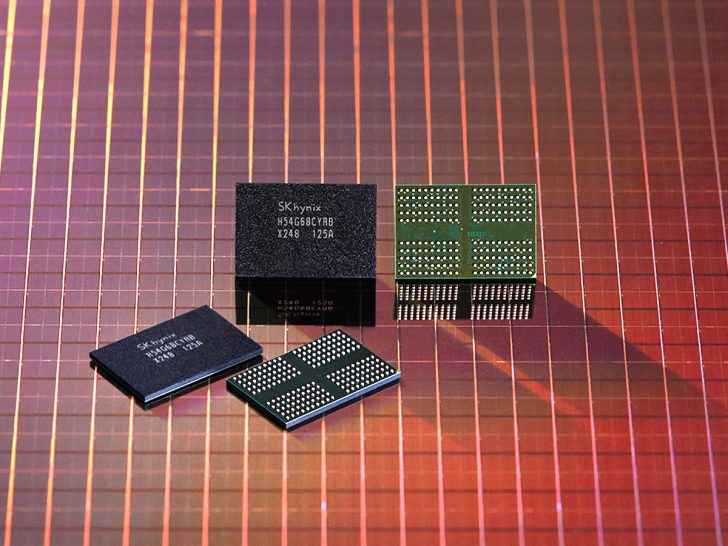
SK Hynix Preps Large-Scale DRAM Price Hike, DDR5 Up To 20% Expensive
2024.08.22

Qualcomm, Motorola, Rohde & Schwarz show 5G Broadcast innovation
2024.08.22
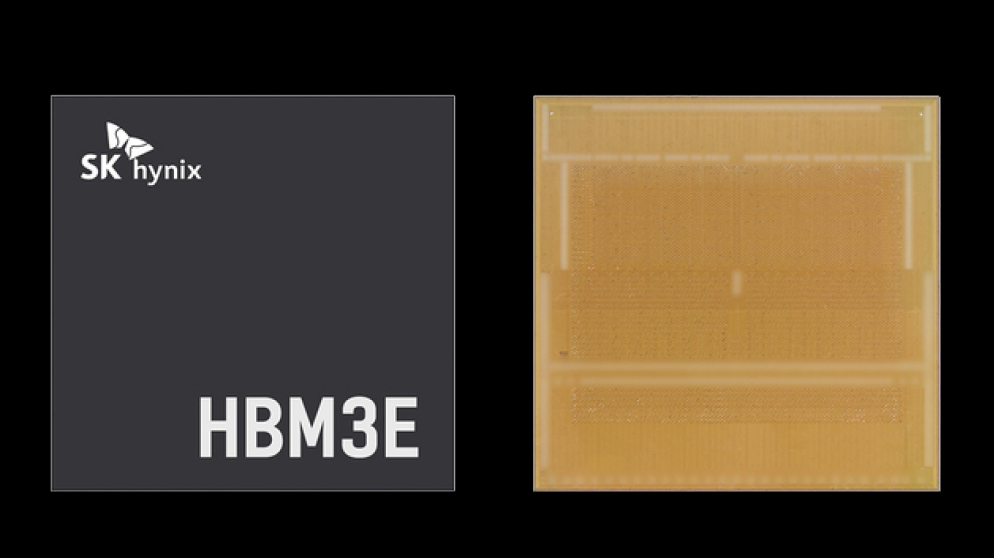
SK Hynix Is Developing Next-Gen HBM With 30x Performance Uplift
2024.08.23

OpenAI, Intel, and Qualcomm talk AI compute at legendary Hot Chips conference
2024.08.27
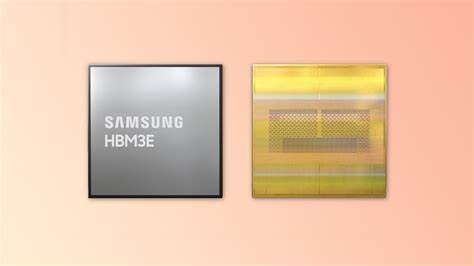
Samsung Completes NVIDIA's Quality Test for HBM3E Memory, Begins Shipments
2024.09.04

TSMC supplier says AI chip market growth to accelerate, dismisses Nvidia wipeout
2024.09.05
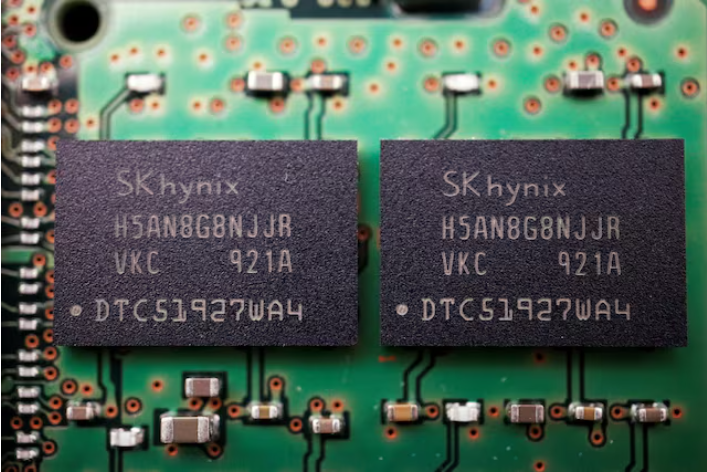
SK Hynix to start mass producing HBM3E 12-layer chips this month
2024.09.05

